Public Outrage in China Over Concerns About Ineffective Generic Drugs
Growing Public Concern
China is experiencing a rare wave of public anger over concerns that generic drugs used in public hospitals are becoming increasingly ineffective. The controversy has prompted an official response from the government, though authorities insist the issue is more about perception than reality.
Doctors argue that the country's drug procurement system, which prioritizes cost-cutting over quality by favoring cheap generic drugs over brand-name pharmaceuticals, has compromised patient safety. However, multiple state media reports claim that differing responses to medications are normal and that concerns over ineffectiveness stem largely from anecdotal experiences.
Despite government reassurances, skepticism remains high, further eroding trust in China’s healthcare system, which is already struggling due to an ageing population and financial strain.
 Storyblock Image
Storyblock Image
How the Controversy Began
The debate over generic drugs erupted in December 2023 when authorities announced a list of nearly 200 companies selected to supply medicines to state hospitals. Almost all were domestic manufacturers producing generic drugs.
Tensions escalated in January when Zheng Minhua, a hospital department director in Shanghai, voiced his concerns in a viral video. Dr. Zheng cited troubling cases such as antibiotics failing to treat infections, ineffective blood pressure medication, anesthesia that did not work, and laxatives that failed to clear bowels.
His remarks struck a chord with the public and quickly became a widely shared social media slogan. Many individuals shared their own negative experiences with allegedly substandard drugs. However, discussions on the issue have since been heavily censored on platforms like Weibo.
One Weibo user recalled undergoing intestinal surgery in 2024 and needing laxatives beforehand. Despite doubling the prescribed dose, they reported no effect and resorted to drinking coffee instead. On Xiaohongshu, a Chinese social media platform similar to Instagram, a user claimed they avoided taking a hospital-prescribed generic antibiotic and instead purchased the “real” brand-name version online because the generic version “tasted different.”
With increasing distrust in generics, many patients are seeking out imported drugs, which they perceive as superior. In response to official assurances, one Weibo user commented, "As long as we are allowed to buy brand-name drugs ourselves, I have no other complaints."

China’s Drug Procurement System
China introduced its centralized drug procurement system in 2018 to reduce public healthcare costs. Under this system, local governments invite pharmaceutical companies to bid for contracts supplying about 70% of state hospitals’ annual drug requirements. To win these contracts, companies compete to offer the lowest prices, favoring domestically produced generic drugs over expensive, imported alternatives.
Generic drugs contain the same active pharmaceutical ingredients as patented drugs but are significantly cheaper because they bypass costly research and development expenses. Over the past few years, China has emerged as a major global supplier of generic drugs, exporting both finished products and raw ingredients worldwide.
Officials credit the procurement system with saving Chinese citizens over $50 billion in its first five years. However, concerns persist about whether the system compromises drug quality. Some companies have bid so low that doubts have arisen over whether they can afford to produce effective medicines. For example, in December 2023, a winning bid set the price of aspirin tablets at less than one cent per pill, prompting widespread discussion on social media. The phrase "Are drug tablets that cost less than one cent even safe?" trended on Weibo.
"The manufacturers that win these bids often set prices so low that they may struggle to produce high-quality drugs with the correct ingredients, potentially leading to ineffective medications," said Stacy Zhang, associate professor at NYU Langone Health.

Concerns Over Quality and Data Integrity
A group of 20 doctors, including Dr. Zheng, recently submitted a proposal to Shanghai authorities highlighting the dangers of overly low procurement prices. They warned that some manufacturers might cut corners, potentially compromising drug efficacy.
Doctors also face restrictions when voicing concerns. "We have no choice, and there is no formal channel to escalate feedback," the proposal stated.
Dr. Xia Zhimin, a physician in Hangzhou, further fueled skepticism by questioning the validity of trial data for some generic drugs on the procurement list. He noted that certain test results were identical to those of the original patented drugs, raising concerns about possible data falsification. The National Medical Products Administration dismissed the findings as an “editorial error,” and Dr. Xia’s article was subsequently removed from the internet.
Compounding the issue is the presence of counterfeit drugs, which have infiltrated both generic and brand-name markets globally. The World Health Organization has classified this as a major health threat.
"To enhance affordability, cost-effective generics are necessary," said Kevin Lu, an associate professor at the University of South Carolina’s College of Pharmacy. However, he emphasized the need for "stronger quality control measures and continued improvements in drug approval and manufacturing standards."

A Healthcare System Under Pressure
The generic drug controversy comes amid mounting challenges in China's healthcare system. The country’s rapidly ageing population has driven healthcare costs up nearly 20-fold in the past two decades, reaching 9 trillion yuan ($1.25 trillion) in 2023. Public medical insurance funds are increasingly stretched thin, with some provinces already facing deficits.
Adding to the crisis is a growing mistrust in medical institutions. Over the years, China has seen a rise in violent attacks on healthcare workers, fueled by frustration over inadequate resources and declining faith in doctors.
Unlike politically sensitive topics—such as government crackdowns on dissent—discussions about drug procurement have not been completely suppressed. The National Healthcare Security Administration acknowledged public concerns in a statement on January 19, pledging to review and refine the procurement system.
State media outlet Life Times also recognized the issue, quoting experts who called for improved drug evaluation standards. "There are many pharmaceutical companies with varying production quality," one public health scholar admitted.
Despite these assurances, skepticism lingers. One Weibo user summarized the dilemma: "The savings from lower drug prices are just a drop in the bucket compared to national healthcare costs. But allowing potentially ineffective drugs to be used is like drinking poison to quench thirst."
As authorities work to restore confidence in the procurement system, the controversy highlights the difficult balance between cost-cutting and ensuring patient safety in China's healthcare sector.

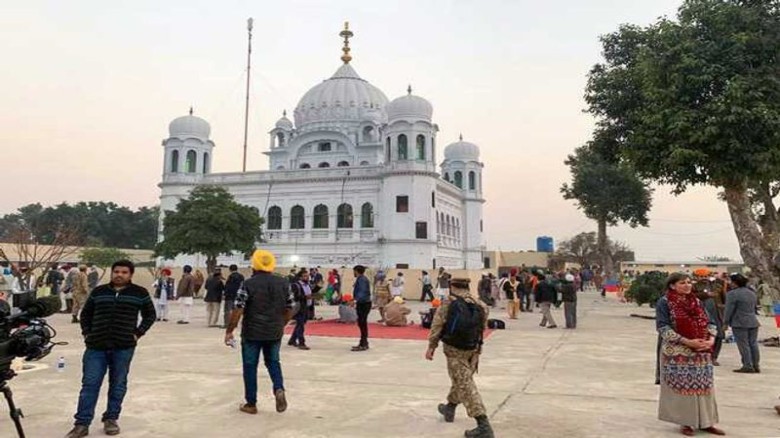
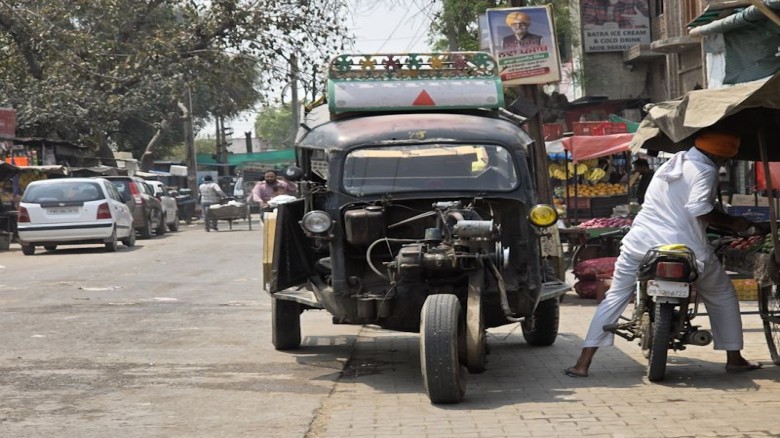

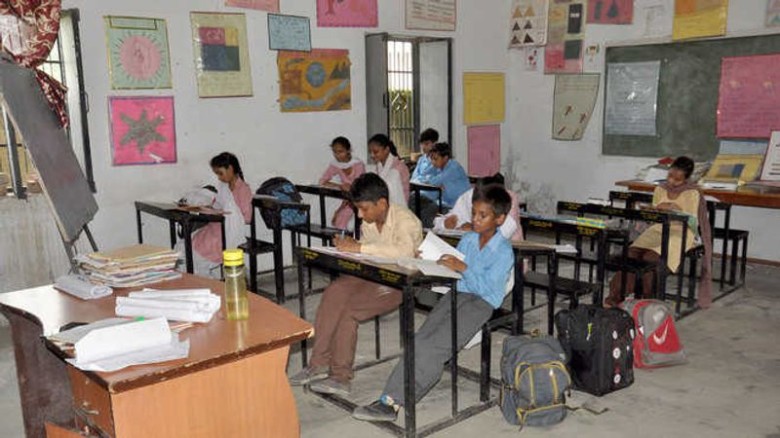



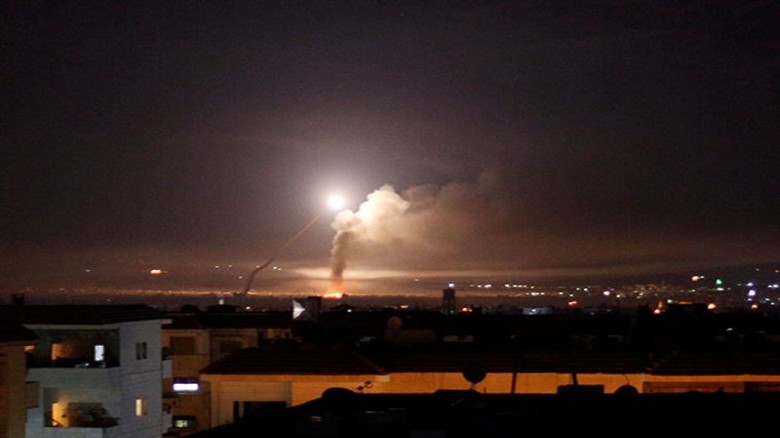






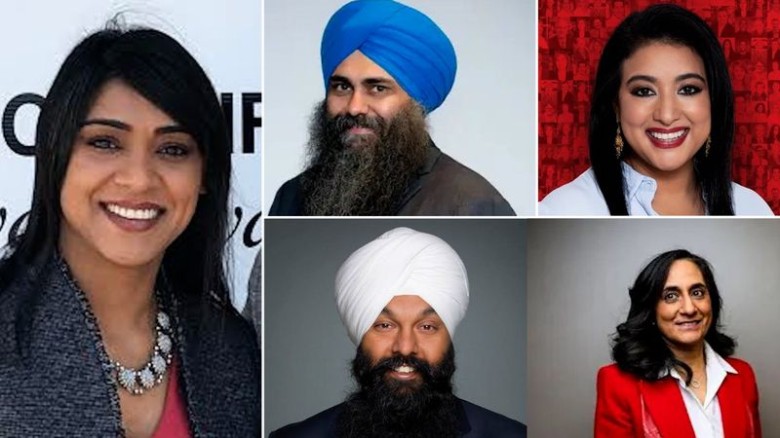





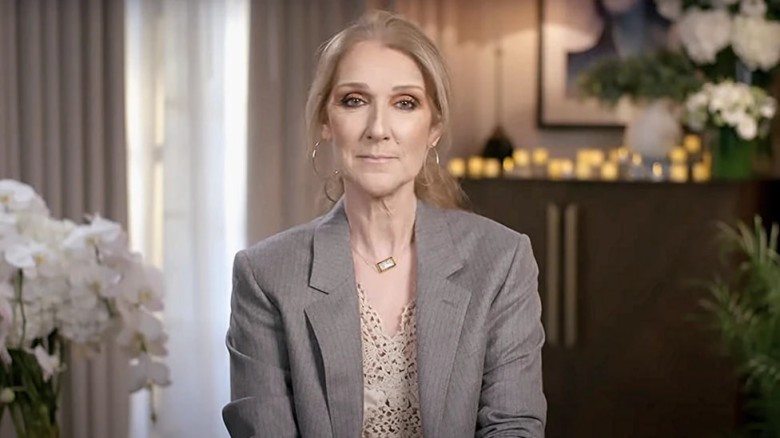




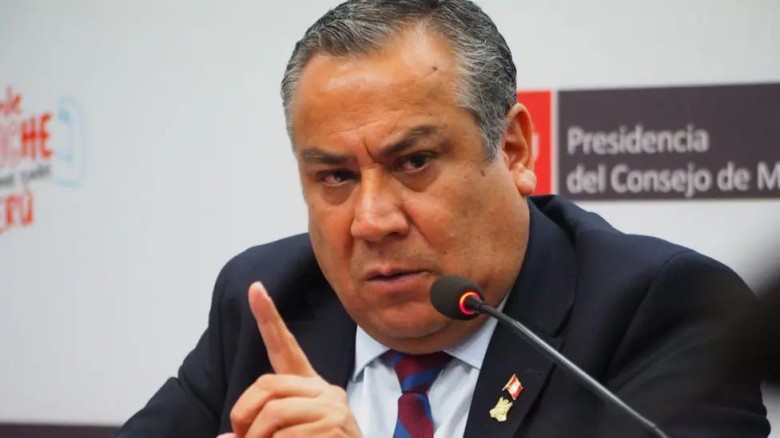

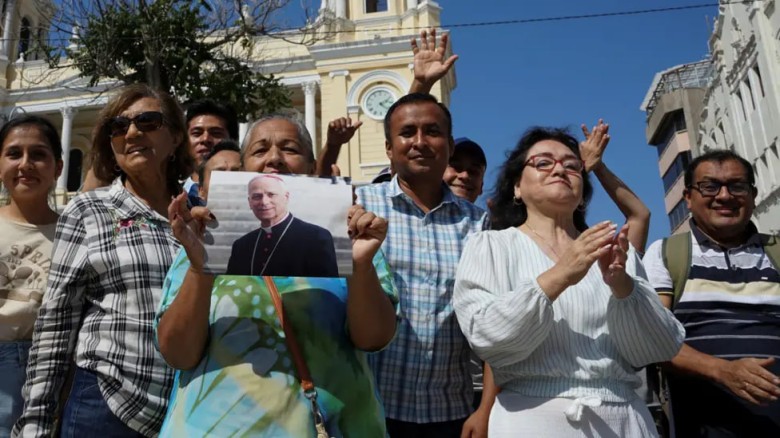










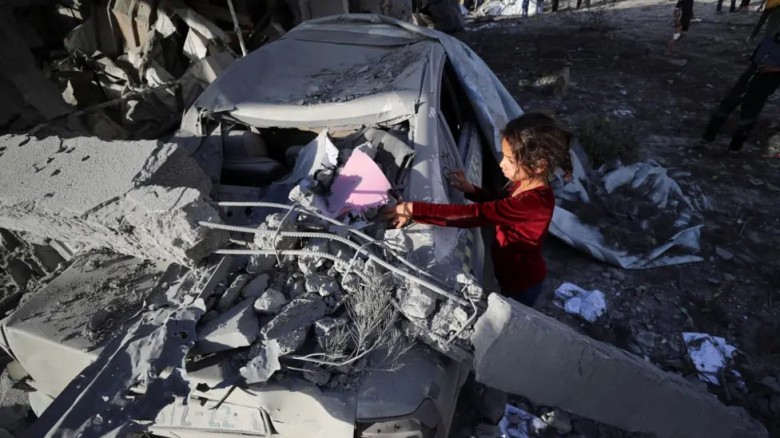
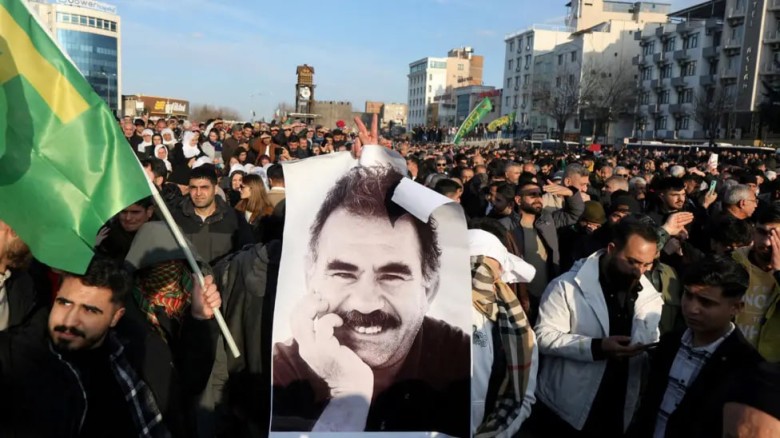
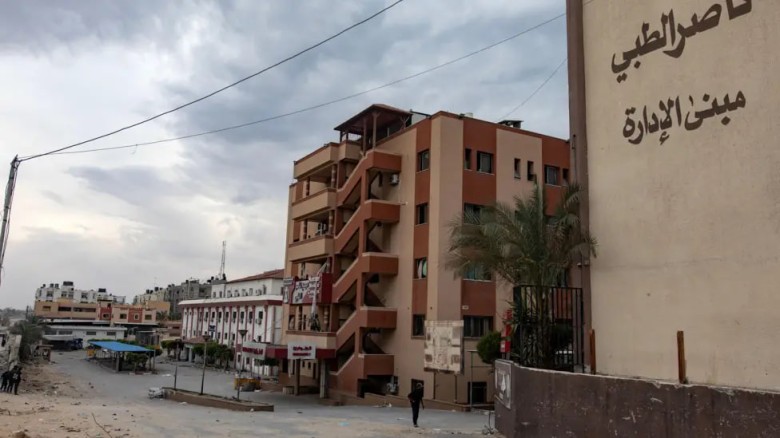







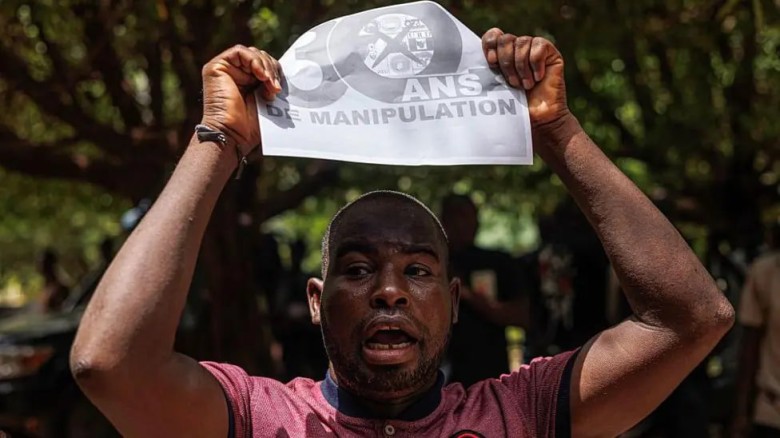




















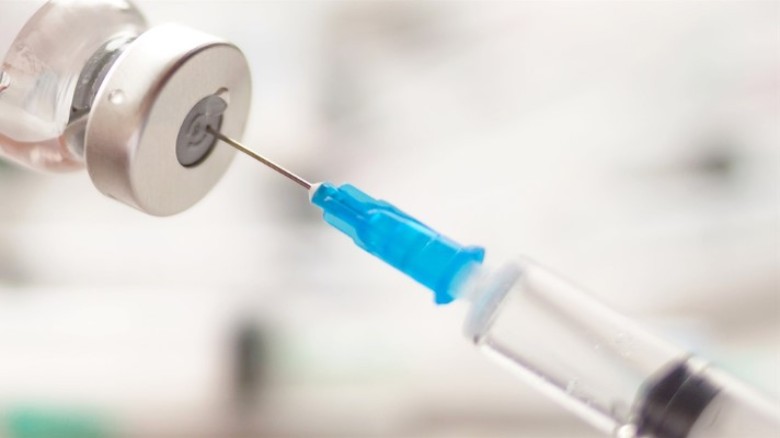


Leave A Comment